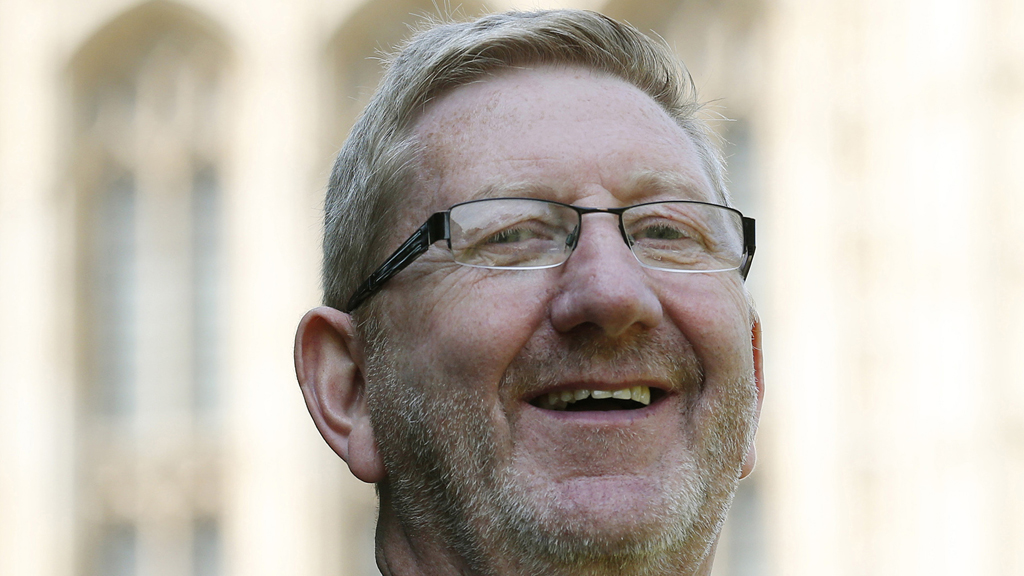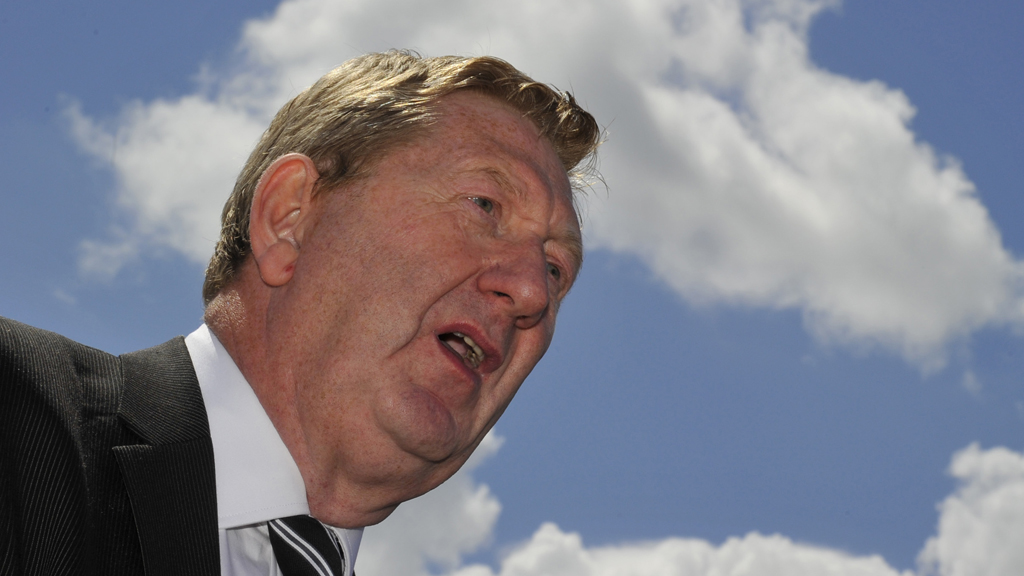Len McCluskey: ‘Red Len’ or ‘principled pragmatist’?
The Labour selection row in Falkirk has pushed Len McCluskey into the spotlight. On the day he addresses the Durham Miners’ Gala, we ask if the Unite boss justifies his “Red Len” tag.

If one of the main achievements of Tony Blair’s new Labour project was to weaken perceptions of a link between his party and trade unions, the controversy over Labour’s selection process for an electoral candidate in the Falkirk West has undoubtedly undermined that achievement.
The row grew out of a claim by Eric Joyce, outgoing MP for the Falkirk constituency, that the Unite union had signed up dozens of members into the Falkirk West constituency Labour party, with a view to securing the nomination of Karie Murphy as Labour’s candidate to replace him.
At which point the parochial wranglings that are the stock in trade of every local political organisation acquired a national significance. That is because Karie Murphy, who withdrew from the Falkirk contest in May, has close links with the upper echelons of both the Labour party and the Unite union
Union power
As well as being office manager for Labour MP Tom Watson, until last week in charge of Labour’s campaign to win the next election, Karie Murphy is a close friend of Unite General Secretary Len McCluskey, arguably the most powerful trade unionist in the country.
Unite has 1.4 million members, nearly a quarter of the TUC’s total membership. Judged by size of membership, only Unison, the public service union, comes close.
Mr McCluskey also holds the purse strings for a significant tranche of Labour party funding. Unite gave the party £11.86m between the general election in May 2010 and the first quarter of 2013 – accounting, according to Electoral Commission figures, for more than one-third of the total £30.2m in union donations over the same period.
We might be affiliating. It might be as low as 50,000 – and that’s obviously a damatic reduction in affiliation fees. Len McCluskey
At this stage in the Falkirk row, the Unite boss appears to be happy to play soft-ball. He referred to Ed Miliband’s speech of 9 July, in which the Labour leader set out plans to end the automatic affiliation of union members to his party, as “visionary”.
But his response also contained a warning. He told Channel 4 News’s Jon Snow: “One thing’s for certain: if (Ed Miliband’s) ideas come to fruition, we won’t be affiliating 1 million members to the Labour party, which costs us £3.25m a year.
“We might be affiliating. It might be as low as 50,000 – and that’s obviously a dramatic reduction in affiliation fees.”
‘Red Len’
Some commentators appeared to ignore Mr McCluskey’s skills as a political soft-baller when he claimed the Unite leadership more than two and a half years ago.
“Red Len grabs the reins of union giant,” headlined the Daily Mail, while the Daily Express drew attention to his assertion that “there is no such thing as an irresponsible strike – workers take strike action because they genuinely feel there is nothing else they can do”.
I remember him from the days of Militant, and he’s a principled pragmatist. Ian Williams, journalist
But Ian Williams, who has followed Len McCluskey’s career since the 1980s, disagrees with attempts to characterise him as a union firebrand.
“I remember him from the days of Militant, and he was always far more pragmatic,” he told Channel 4 News. “He’s a principled pragmatist. Like most of the Liverpool Labour party, he was horrified by what Margaret Thatcher was doing.
“But I know from speaking to him at the time that he had profound reservations about what Militant were doing.”

Entryist tactics
Len McCluskey’s life as a union activist goes back to his time in Liverpool working for the Merseyside Docks and Harbour Company, which he joined as a teenager in the sixties. His first appointment as an officer with the Transport and General Workers Union came in 1979.
He says he never became a member of the Militant Tendency during the 1980s. Militant used “entryist” tactics to infiltrate the Labour party, and its most prominent spokesman, Derek Hatton, rose to become deputy leader of the Liverpool City Council in 1983.
Hatton and Tony Mulhearn, another Militant entryist, were expelled by the Labour party in 1986. But Mr McCluskey has acknowledged both men were “close friends”, and he has subsequently stated that “on the chief issues (Militant Tendency) were right”.
Critics will undoubtedly identify an echo of Militant entryism in his pledge in 2010 to reclaim the Labour party “for our class” by financing Unite members “to take over constituency Labour parties”.
Key strategist
In 1990 Len McCluskey became TGWU national secretary for the union’s general workers group. In the same year he was arrested but released without charge in connection with alleged ballot rigging claims.
His connections are not just on the left of the Labour party, however. The 1995 battle for the leadership of the TGWU pitted Bill (now Lord) Morris against Jack Dromey. The contest prompted a verbal brawl when Morris’s backers claimed Dromey was using Len McCluskey as a key strategist. Eight years later, in 2003, McCluskey ran fellow Liverpudlian Tony Woodley’s successful campaign – against Dromey – for the TGWU’s top job.
In the years before becoming Unite general secretary, Mr McCluskey worked as part of the TGWU team which negotiated the merger with Amicus in 2007. In 2008 he came to public notice during the 2008 Shell tanker drivers’ strike, when he also revealed a gift for the telling public utterance. Shell, he alleged, “is prepared to play Pontius Pilate and see the British public inconvenienced”.
Not long before Len McCluskey’s appointment to Unite’s top job, Graham Stevenson, a senior member of his campaign team, said: “The general secretary election may well prove more important (for the future direction of the labour movement) than the general election itself.”
The anticipation at the time was that Unite would be leading the fight against job losses as coalition spending cuts hit home. But it could now be that the union’s involvement in the Falkirk row provokes another significant realignment – not between opposition and government but among members of the country’s political left.